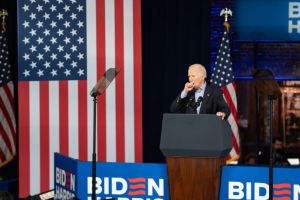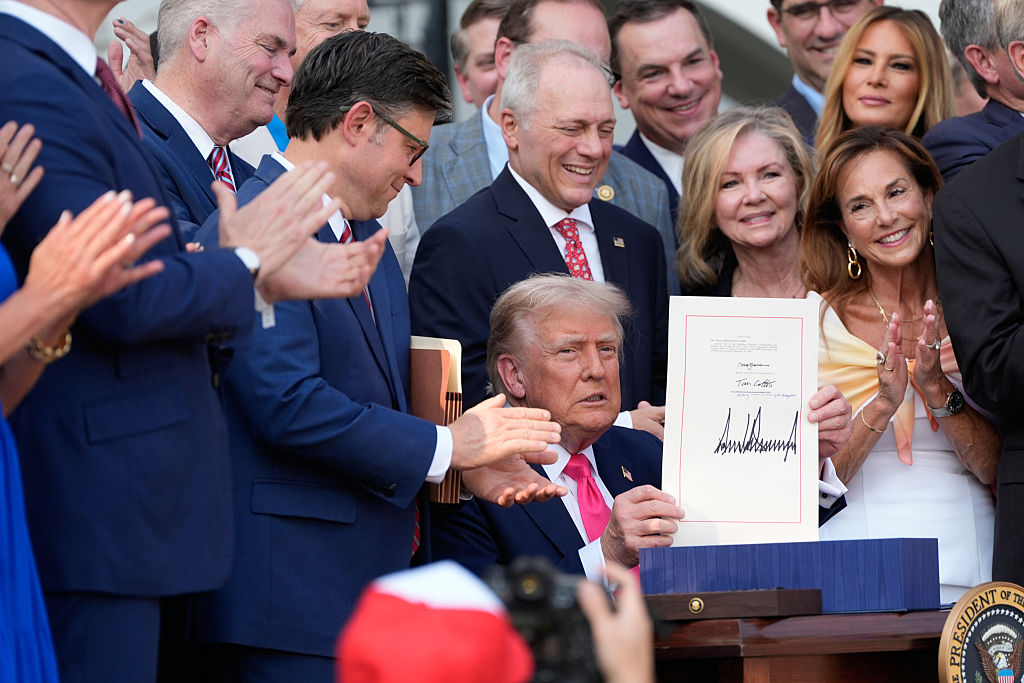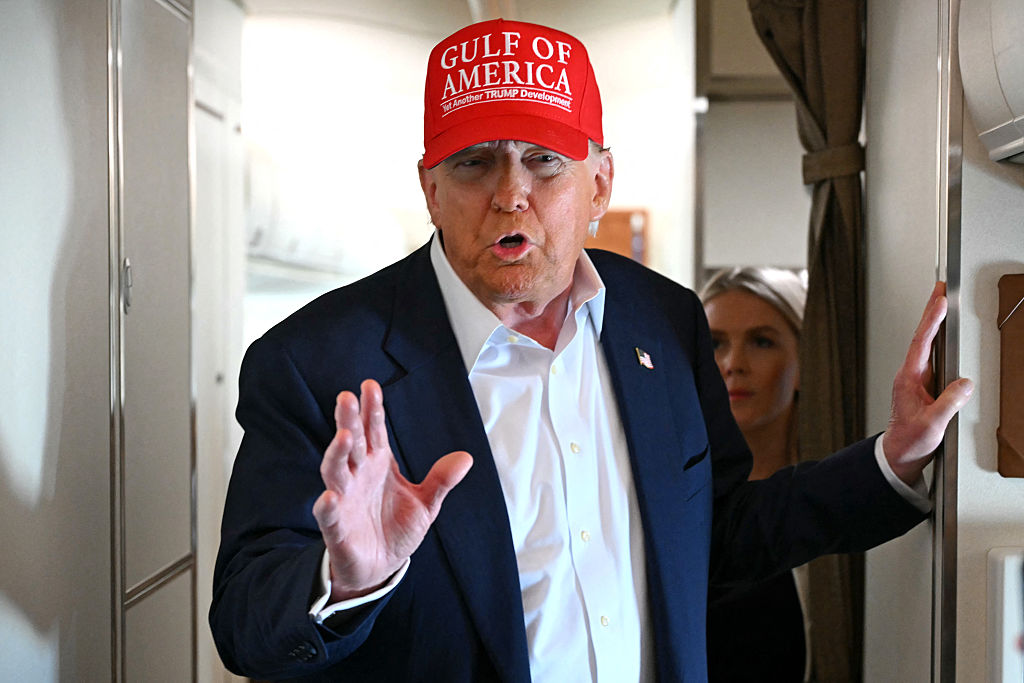The House Select Committee on the CCP held a wargame Wednesday evening where members played the role of the US in a showdown with Beijing over Taiwan. As Committee Chairman Mike Gallagher said after the event, “We are well within the window of maximum danger for a [CCP] invasion of Taiwan, and yesterday’s wargame stressed the need to take action to deter CCP aggression and arm Taiwan to the teeth before any crisis begins.” The results of the game were — as Gallagher predicted in his opening statement — “sobering.”
A source close to the Committee told The Spectator that a critical lesson taken by participants was that deterrence must be the top priority. The US needs to show Beijing — through actions, not just words — that any military action will be resisted and China will face a devastating fight if Xi opts to go down that road. Demonstrating that is not going to be easy, because “the People’s Liberation Army has been preparing for a Taiwan invasion for decades,” said Gallagher, and “the PLA rocket force and PLA Navy are purpose-built” to that end.
There are myriad elements of a successful deterrence strategy, but the source described three of the most prominent that the wargame evinced: the need for bases in the Indo-Pacific region, a well-stocked supply of munitions and arming Taiwan. Bases proved critical in the event, with the US finding the fight far more difficult when it did not have adequate access to facilities near the conflict zone. The lesson in this case is the need for numerous and robust basing agreements with partner countries, from Japan to the Philippines. Fewer bases means easier targeting for the PLA, less flexibility for the US military, and therefore greater vulnerability for any US forces operating in-theater.
The necessity of a plentiful supply of munitions cannot be underestimated, primarily long range fires. The wargame indicated that Long Range Anti-Ship Missiles (LRASMs), the cream of the crop for American anti-ship munitions, were used up in an alarmingly quick period of time. China has worked hard to expand its Anti-Access Area Denial (A2AD) strategy, whereby it operates layers of long range weapons (like anti-ship and anti-aircraft missiles) to deny access to the conflict zone around Taiwan. Without long range fires, the US military will be forced to operate within range of Beijing’s defenses, meaning greater risk and higher casualties. For the Committee, this indicates the importance of resolving the issues in the defense industrial base regarding production capacity – and fast.
This dovetails with the third lesson: Taiwan must be armed before the conflict with China begins, because resupplying the island democracy will be all but impossible. Breaking through the logjam of $19 billion in arms exports to Taiwan — which only emphasizes the industrial capacity issues — is a must. Taipei needs to hold off the PLA long enough for the US (and, hopefully, its allies) to get its act together and enter the fight in strength. As an island, the US cannot do for Taiwan what it is doing for Ukraine in shipping weapons across a lengthy border. As soon as the missiles start flying, Taiwan will be within China’s A2AD defenses, making supply by sea a deadly proposition.
Thanks to Ranking Member Raja Krishnamoorthi, the wargame also included economics, which provided a lesson that the US business community would do well to heed. The source close to the Committee told The Spectator that the wargame displayed the massive economic cost of an invasion, and the obligation for American businesses to take preparatory steps. China’s use of SWIFT was suspended and the markets were in a state of free fall. Further, trade by sea in the region was all but nonexistent and the supply chain disruption made what happened during Covid-19 look normal. Gallagher left no doubt about his thoughts on the attitude of complacency from many in corporate America. “We want American businesses to deal with these risks responsibly,” he said, “not stick their heads in the sand.”
Unfortunately for most Americans, the wargame was not recorded in its entirety. Though it remains unconfirmed, a source close to the Committee indicated that this was because the Democrats did not want to be on camera — why, however, was not clear. Given that the threat of war in the Taiwan Strait is possibly the greatest challenge the US has ever faced, it would be good to see how members of Congress from both parties approach the issue.

























